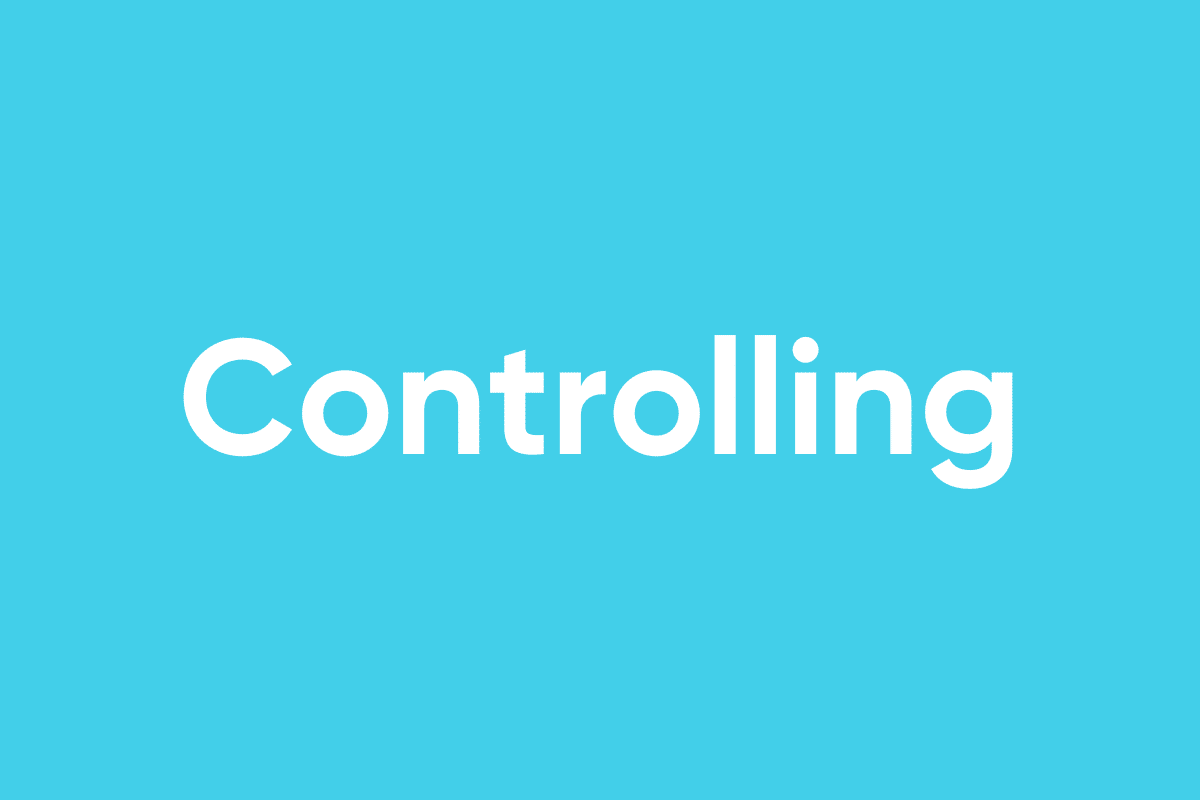The sale of a mid-market company is a significant and time-intensive challenge for founders. Yet even before such a sales process, founders need to ask themselves the question: When is the right time to sell my company? While timing the market perfectly is difficult, if not impossible, some factors can help indicate a suitable time to consider a sale. I was confronted with this question frequently during my time as an intern and junior analyst at FLEX Capital. Based on my experience and our FLEX perspective, I can give the following answer. Various factors play a role in determining a suitable moment to begin the process of selling a company. Most of which can be grouped into company-specific, market-related, personal, or opportunity-related factors. Examining these factors regularly or when considering specific opportunities can help making a solid decision. When pursuing specific investor types, the timing of a sales process can become more important.
Company-specific factors
Company-specific factors contributing to a sales process’s timing often relate to requirements for outside help. External support could be required if there is a need for additional employees or financial capital to achieve an ambitious goal, such as developing a new product, entering a new market, or acquiring a competitor. When faced with a significant challenge that falls outside the ordinary day-to-day business, assistance from an experienced investor can be very valuable.
Market-related factors
Market-related factors refer to the market conditions into which a company will be sold. The most common indicators used when considering market attractiveness for the sale of private companies are the transaction multiples in the company’s sector. Although multiples are a good indication of a market’s attractiveness and the potential value of a company, additional considerations can be made regarding the potential buyers of a company. Specifically for private equity investors, the level of dry powder (committed funds that have not yet been invested) can be a good indicator of the expected competition between investors for attractive companies. The number of European private equity funds and available dry powder has grown significantly in 2022, reaching a record high in January, according to Preqin and Invest Europe. Additional factors which can be considered are the number of buyers focused on the specific market of a company and the volume of transactions in that market. Lastly, if a market is being consolidated, a sale may be advantageous to secure an attractive valuation before the market becomes highly competitive due to larger competitor groups.
Personal factors
Personal factors also play a significant role in determining a suitable time for selling a business. Over multiple years of interactions with founders in sales processes, we have seen two common personal motivational factors which have contributed to beginning a sales process. Firstly, founders who aim to retire in the near to mid-term and want to find a suitable buyer who will continue to operate their business. Secondly, founders who aim to de-risk themselves by selling a portion of their business, often keeping their original role in the company, and participating in the future growth of the company.
Opportunity factors
Opportunity factors include chances that may arise spontaneously, such as an investor showing interest or the formation of a larger group of companies in the market looking to acquire other companies. Although these factors may not be weighed as significantly compared to those mentioned earlier, they represent an opportunity to gauge the other factors and determine if a sale could be desirable.
Factors due to specific investor types
Concerning specific investor types, the timing of a sales process can gain additional complexity. For private equity investors, a company must meet specific investment criteria, which frequently include a minimum company age, typically at least 3-5 years of operational history. A maximum age is usually not an investment criterion for most private equity investors. For other investor types, the timing of a sales or fundraising process may become more critical, as these may have more narrow size- and age-related investment criteria, such as business angels and VCs. In summary, although finding the perfect time for the sale of a company may be quite difficult, a variety of factors can be used to help find a suitable time. Beyond the characteristics of a company and the attractiveness of the current M&A market, personal and opportunity factors play a significant role.











